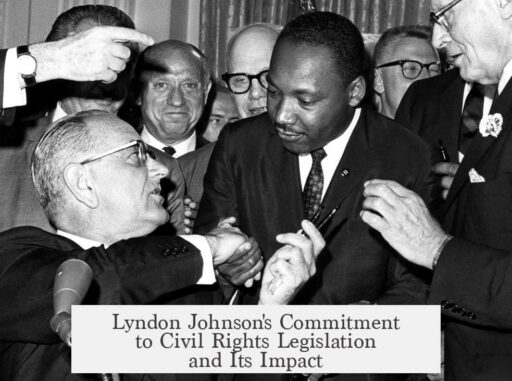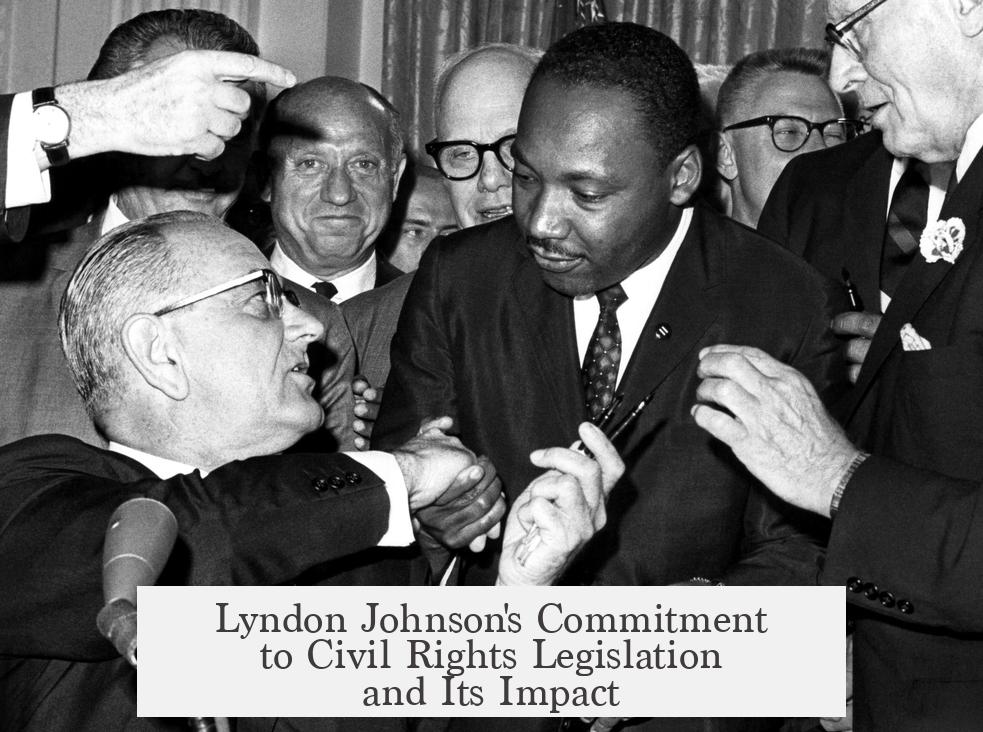Lyndon Johnson supported the Civil Rights bills because of a mix of deep personal beliefs, political ambition, and his unique position as president, which gave him the power to enact significant change.
Johnson grew up in poverty in Texas and saw race-based inequality firsthand. As a young teacher near the Mexican border, he taught children English, believing language skills were key to their better future. This experience shaped his understanding of racial discrimination. He even helped a janitor learn English, showing a quiet commitment to equality beyond politics.
Despite his rough language and personality, Johnson opposed legal discrimination. He disliked privilege and supported underdogs, believing that society could offer a better life to all. These personal values stayed with him throughout his career.
Political ambition and conscience played key roles. Historian Robert Caro notes that Johnson often let ambition guide him but was able to “move mountains” when his ambition and conscience aligned. This alignment occurred when he became president after JFK’s assassination.
Before the presidency, Johnson often followed the Southern Democratic party line and did not push strongly for civil rights. However, as president, he gained the power he desired to act. He used this power to push civil rights legislation forward, disregarding advice that the bills were politically doomed. His deep knowledge of Congressional rules and personal skills helped him navigate complex procedures and convince hesitant legislators.
Johnson’s leadership led to the passage of the Civil Rights Act and later laws addressing poverty and discrimination. His blend of personal conviction, political skill, and presidential authority made this possible.
- Johnson’s early experiences shaped his belief in racial equality.
- His ambition and conscience aligned during his presidency.
- He used presidential power to advance civil rights laws.
- His legislative skill overcame political obstacles.
Why did Lyndon Johnson’s early teaching experience influence his support for civil rights?
Johnson taught children near the Mexican border and saw firsthand the effects of racial inequality. He believed learning English was key for their future. Even outside his duties, he helped teach a janitor English, showing his personal commitment.
How did Johnson’s personal beliefs contrast with his rough language?
While Johnson used racial slurs, he opposed legal discrimination. He disliked privilege and rooted for the underdog. His actions revealed his core belief that fairness was crucial despite his blunt manner.
What role did ambition play in Johnson’s civil rights actions?
Johnson often balanced ambition with conscience. When both aligned, he achieved big changes. His drive and moral sense worked together to push civil rights legislation forward.
Why did Johnson push civil rights legislation despite political risks?
After becoming president, he gained the power to act on his convictions. Though advisers doubted the bills’ chances, Johnson used his skill with Congress to pass them. He saw this as his moment to make a difference.
How did Johnson manage to get the Civil Rights Act passed?
Johnson used deep knowledge of legislative rules and personal persuasion. He worked intensely with lawmakers, overcoming procedural blocks. His strategy turned a stalled bill into landmark legislation.




